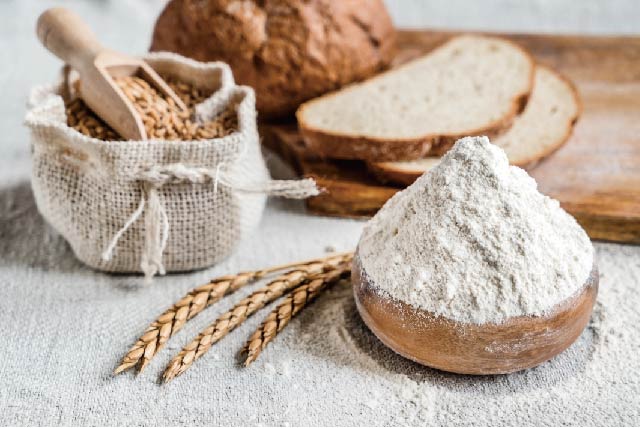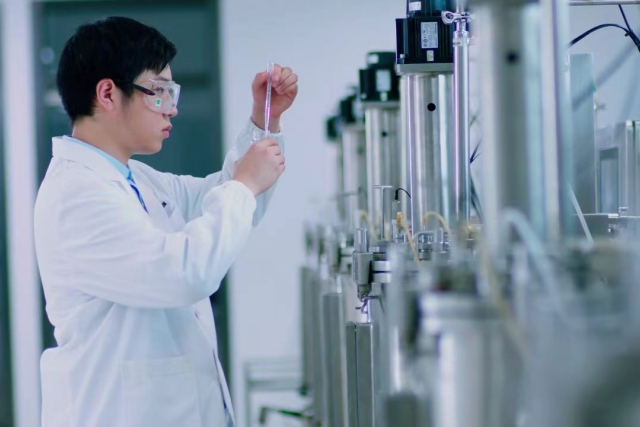-
Home > News & Events > Blog > Enzymes
With fluctuations in soybean meal prices and the tightening of environmental policies, low-protein diets have become an inevitable trend! But how to reduce protein usage without affecting animal growth?
Compound protease — the "golden key" to this aquaculture/livestock revolution — is rewriting the rules of the industry!
Three Major Challenges" of Traditional Low-Protein Diets | "Three-Fold Technological Empowerment" of Compound Protease |
Low protein utilization rate with severe waste | Synergizing with endogenous digestive enzymes to improve nutrient absorption rate |
Amino acid imbalance leading to reduced production performance | Efficiently hydrolyzing plant protein to produce small peptides and amino acids, enhancing ileal terminal digestibility of amino acids |
Rising instead of falling feed costs | Reducing the addition of protein and amino acids to lower formula costs |
The "Superior Capabilities" That Compound Protease Should Possess
1. Outstanding stability: Retains high enzyme activity even after high-temperature pelleting, exposure to strong acids, and interaction with endogenous digestive enzymes;
2. Abundant cleavage sites: Capable of acting on most protein feed ingredients extensively;
3. Excellent anti-nutritional factor elimination performance: Efficiently removes anti-nutritional factors such as soybean antigens, trypsin inhibitors, and prolamins;
4. Exceptional synergistic ability: Complements and enhances the efficacy of endogenous proteases, improving the degradation rate of indigestible proteins;
5. Ultra-high cost-effectiveness: Only a few parts per ten thousand (ppm level) of addition is required to significantly improve the utilization rate of feed protein.
"Practical Application Cases" of Compound Protease
Test data from a poultry breeding base shows that by reducing the crude protein content in broiler diets by 1% while supplementing with 200g/t of compound protease, the growth performance of broilers can remain basically unchanged, thereby increasing economic benefits.
Test Data from Pig Breeding Bases
Test data from pig breeding bases shows that supplementing 200g/t of compound protease in the basal diet of piglets can improve the digestibility of protein and amino acids, thereby increasing the average daily gain (ADG) of piglets and reducing the feed conversion ratio (FCR).
Compound Protease "Innovating the Future"
With precise and powerful enzymatic cleavage ability, compound protease makes feed utilization more efficient, nutrient absorption simpler, and animal growth healthier. Meanwhile, it empowers the cost control and environmental protection goals of the breeding industry.
Choose compound protease: reduce waste by a little, gain more benefits, and drive the "enzyme-powered" positive changes in the breeding industry.
About Annzyme®:
Annzyme is a new brand for Angel enzymes products. We are dedicated to providing customers with perfect solutions in many fields like baking, proteolysis, nucleic acid hydrolysis, starch further-processing etc, and already built highly automated production lines for enzymes and other biological products. We are committed to become the best enzymes supplier and service provider.
Press contact:
Angel Yeast Co., Ltd.
Address: 168 Chengdong Avenue, Yichang, Hubei, P. R. China
Tel: +86-717-6369520
Fax: +86-717-6370680
Email: lili@angelyeast.com




